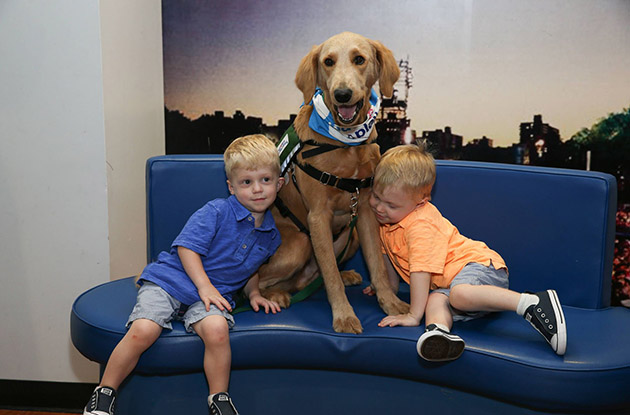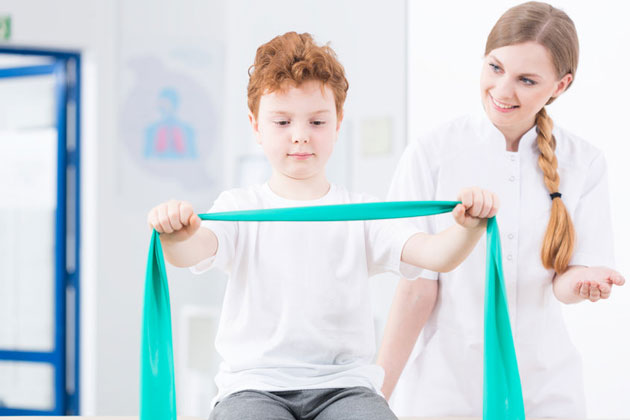
Léman Preparatory School Hosts Panel on Student Mental Health
Panelists discussed how kids’ mental health is affected by social media, race, and sexuality, and how parents can approach talking to their kids about their mental health.
Get kid-friendly activities sent to you!
Get the Best Kid-Friendly Activities
Sent to You Weekly!
Be specific when asking questions about mental health. Talk about emotions and have open conversations [early on] with your kids, Dr. Gonzalez said. Encourage them to open up to you. And if you’re concerned about their mental health and safety, asking something like, ‘Are you thinking of harming yourself?’ saves lives–it doesn’t put ideas in your child’s head, Dr. Gerstenhaber added.
Accept that your child might have a mental health issue, and make a plan of action. “A lot of us have issues even admitting that our child might have mental health issues,” Dr. Gardere said. “’Not my child. Not in my backyard.’ But if we’re able to break out of that denial, we can save our children.” Once you’ve concluded your child might need help, taking her to a health professional is a good idea–but make sure the professional can take the time to get to know your child and what she’s going through.
Remember that while medication is not the answer for every child, it might be useful. However, no child should be on psychiatric medications without counseling, and parents should go with kids to that counseling, Dr. Gardere said.
Dr. Gerstenhaber pointed out that while bringing kids to medical professionals to evaluate mental health is an important step, 50 percent of people who have taken their own lives have seen their primary care physician in the month before their deaths.
“We need to ask kids [about mental health] the way we talk about a sprained ankle,” Gerstenhaber says. “We know that when kids are suffering, they want to be asked about it…Parents, teachers, and coaches should be equipped. When you ask about it and there’s no stigma around it, it’s a way to connect.”
Monitor your child’s devices–but don’t just take them away when something goes wrong. “If you’re on your child’s iPad or iPhone and you see something that doesn’t feel right, talk about it,” Clementi says. “Look outward. Make sure you have conversations. Taking a device away is not the answer to a cyberbulling problem.”
Parents with different communication styles must to reach an agreement. Communicate with your partner if you were raised differently when it comes to talking about emotions, for example, to figure out what is best for your kids.
“Get uncomfortable.” The panelists also had a discussion with Léman students before the panel took place. Many kids said they don’t want to talk their parents about mental health for fear of how it might be interpreted–but at the same time, they want their parents to dig in and ask questions.
“The world is such a scary place,” one student said. “I know it’s scary, but I can feel your fear in how you talk to me and how you talk about me.” Give your child the tools to digest the scary things that are happening in the world at her own pace, and let her know she can come to you with questions.
Remember–there’s nothing to be ashamed of. Panelists encouraged parents to remember that there is nothing wrong with their children having anxiety, depression, or any mental health issue. Removing the stigma from the situation and asking your kids about how they’re feeling, being open and honest, remembering that mental illness is brain-based, just like other illnesses, and being aware of all the ways you can help can start to break down the barriers between generations.
“Suicide kills more firefighters than fire, more police than crime,” Dr. Gerstenhaber said. “But there is hope. There is help.”
To find resources and information on how to talk to your kids about mental health, visit the Born This Way Foundation’s website, brush up on the Columbia Protocol, or speak to a health care professional. Germanotta said that many kids prioritize their mental health, but when they’re feeling down, they don’t know where to go, or who to talk to. These resources make it easier to be the person your child and others can look to for help–and your empathy and understanding could save lives.
Main Image: Credit Brian Hatton








